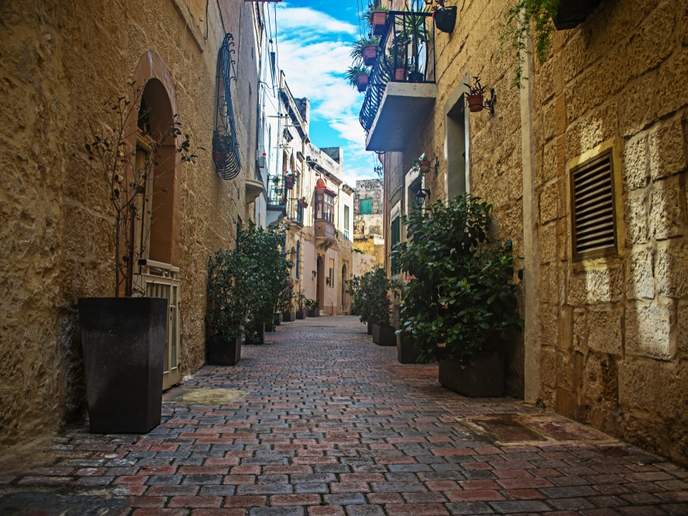Providing nature-based solutions for landscape sustainability
There is growing recognition that bringing more natural features and processes to cities could help tackle climate change, support economic growth and enhance human well-being. Nature-based solutions like green roofs and walls, sustainable urban drainage systems, natural water retention measures and urban green spaces are crucial for effectively addressing societal challenges. Thanks to the EU-funded RENATURE project, such nature-based solutions were explored at an interdisciplinary summer school in Malta. Participants discussed and outlined innovative ideas addressing various issues about landscape management. Two case studies were covered: Birkirkara urban area that experiences heavy flooding and the island of Comino, a protected area. A news item on the ‘MaltaToday’ website summarises the topics covered: “One of the ideas floated for Birkirkara was the creation of ponds, serving a water retention purpose, or for providing educational and recreational spaces for children and a way for them to reconnect with nature. Another idea was to introduce green walls in Gnien l-Istazzjon – something which would also reduce run-off.” The news item adds: “Other ideas included water filtration systems and underground water tanks for fountains and hydroponic gardening systems. The use of different measures is likely to be more effective in providing flood protection and other benefits.” The summer school, which was held at the Malta College of Arts, Science and Technology (MCAST) and organised by RENATURE, brought together PhD students and international experts from different backgrounds. The school was co-organised by the COST Action CA17133 Circular City, an initiative aimed at building an interdisciplinary platform for connecting city planners, architects, system designers, economists, engineers, and researchers from social and natural sciences. According to Mario Balzan, project coordinator of MCAST, restoring nature in the urban environment could make cities more liveable. In the same news item, he says: “While green roofs and green walls have entered popular parlance and are sometimes considered in development projects, a lot of research still needs to be done to establish which kind of green infrastructure offers the best solutions in the Maltese contexts.”
Strong player
The ongoing RENATURE (promoting Research Excellence in NAture-based soluTions for innovation, sUstainable economic GRowth and human wEll-being in Malta) project is scheduled to end in 2021. Activities like training and networking events will help Malta become a strong player in the field of nature-based solutions by creating a national research and innovation cluster. “We are building the networks. In the future there is a lot of opportunity for practical projects involving nature-based solutions. We need to put our ideas to the test,” Balzan says. “We have to build the evidence to show this is the way forward through tangible deliverables not just in terms of addressing problems like flooding and air pollution but also in terms of human health and well being.” For more information, please see: RENATURE project website
Countries
Malta



